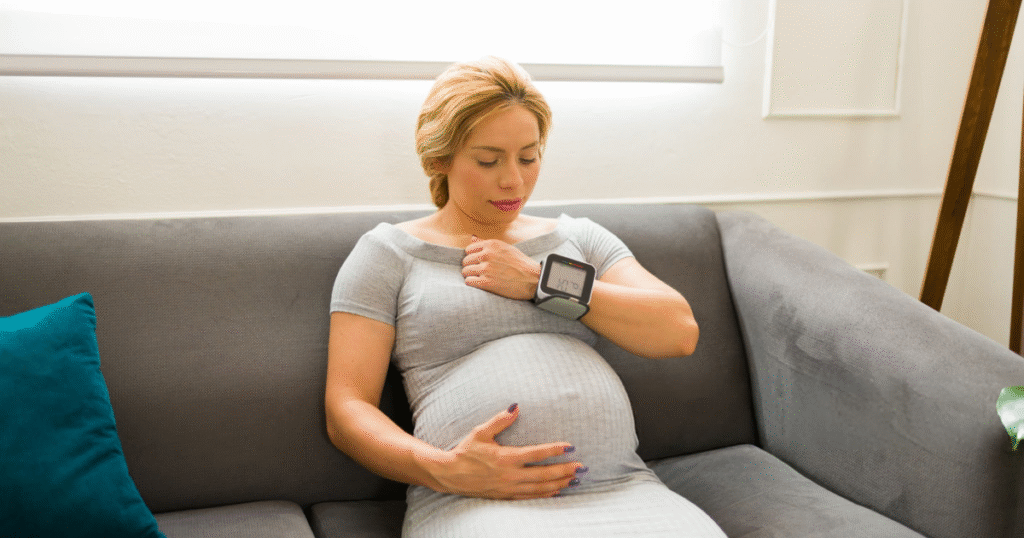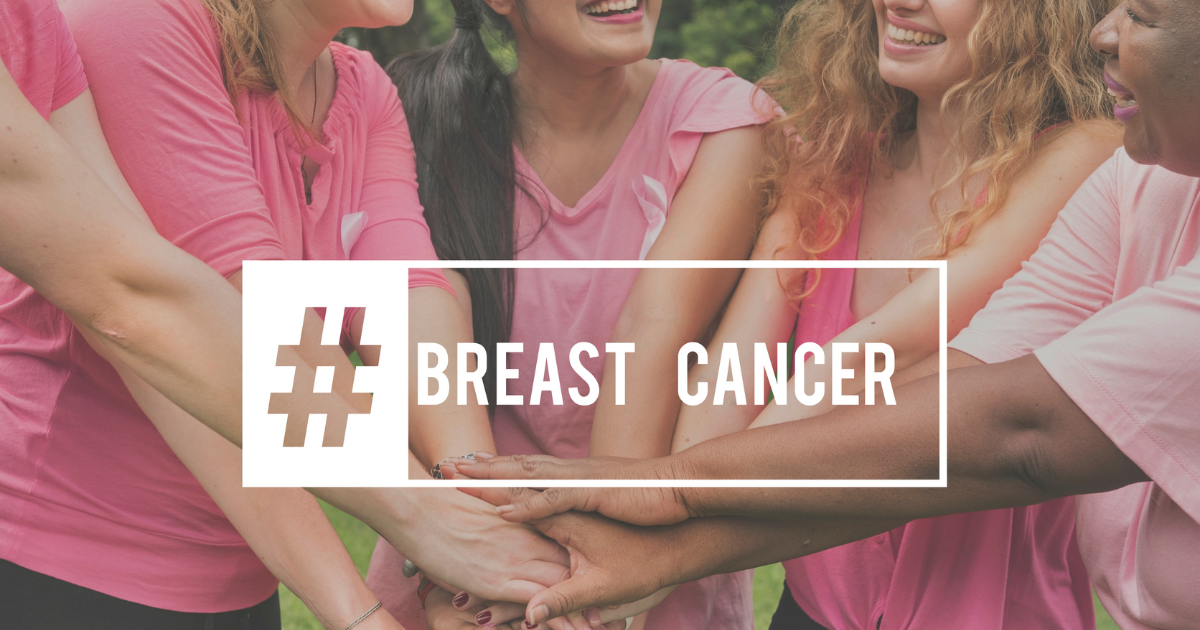Preeclampsia in Pregnancy: What Every Expecting Mother Needs to Know

By BMC Hospital | Your Partner in Safe Motherhood
May 22nd | World Preeclampsia Day
Pregnancy is often seen as a beautiful journey—a time of hope, excitement, and anticipation. But for some women, this journey can come with silent dangers. One of the most serious and commonly misunderstood complications is preeclampsia. On World Preeclampsia Day, BMC Hospital joins the global mission to raise awareness about this potentially life-threatening condition affecting pregnant women worldwide.
What is Preeclampsia?
Preeclampsia is a medical condition that typically develops after the 20th week of pregnancy. It is characterized by high blood pressure and often includes the presence of protein in the urine, signaling potential kidney dysfunction. In severe cases, it can lead to organ damage, seizures (eclampsia), or even maternal and infant mortality if left untreated.
Worldwide, preeclampsia affects 5% to 8% of pregnancies, making it a significant public health concern. What makes it more dangerous is that it can develop without noticeable symptoms—and escalate quickly.
Why is Preeclampsia Dangerous?
Preeclampsia can put both mother and baby at serious risk. If unmanaged, it can lead to:
- Placental abruption (separation of the placenta from the uterus)
- Restricted fetal growth
- Preterm birth
- Eclampsia (life-threatening seizures)
- Organ failure in the mother
In some cases, delivering the baby early is the only way to protect the health of both.
Know the Warning Signs
Being informed can make all the difference. Common symptoms of preeclampsia include:
- Persistent headaches
- Swelling in the face, hands, or legs
- Sudden weight gain
- Blurred vision or sensitivity to light
- Shortness of breath
- Pain in the upper right abdomen
However, it’s important to note that some women may show no symptoms at all. That’s why regular prenatal check-ups are crucial.
Who’s at Risk?
While preeclampsia can happen to any pregnant woman, certain risk factors increase the chances:
- First-time pregnancy
- A history of high blood pressure or kidney disease
- Multiple pregnancies (twins or more)
- Age over 35
- Pre-existing conditions like diabetes or autoimmune disorders
- Family history of preeclampsia
Prevention and Management
Currently, there is no guaranteed way to prevent preeclampsia, but the key to reducing risks lies in early detection and proper medical care. Here’s what you can do:
- Attend all prenatal visits – Your doctor will monitor your blood pressure and urine for early signs.
- Maintain a healthy lifestyle – Eat balanced meals, stay active, and rest as needed.
- Avoid smoking and alcohol
- Limit salt intake and stay hydrated
- Take any prescribed supplements (like calcium or aspirin) if advised by your doctor
If diagnosed with preeclampsia, your doctor will develop a care plan that may include medication, closer monitoring, or in some cases, early delivery.
How BMC Hospital Supports You
At BMC Hospital, our dedicated obstetric team is committed to safe pregnancies and healthy deliveries. Our comprehensive maternity care includes:
- Advanced prenatal screening
- 24/7 emergency services
- Multidisciplinary care for high-risk pregnancies
- Personalized birth planning
On this World Preeclampsia Day, we urge all expectant mothers to stay informed, attend regular check-ups, and never ignore unusual symptoms.
Every Mother Deserves a Safe Pregnancy
Preeclampsia doesn’t have to be fatal. With awareness, early diagnosis, and timely medical care, it can be managed—and lives can be saved.
If you’re pregnant or planning a pregnancy, schedule a consultation with BMC Hospital today.
Let’s work together to ensure every pregnancy is a safe one.
#WorldPreeclampsiaDay #BMCcares #SafeMotherhood #HealthyPregnancy #MaternalHealthMatters




2 thoughts on “Preeclampsia in Pregnancy: What Every Expecting Mother Needs to Know”
Thank you for your information, as a fresher i got lots of information from your website
bmc social welfare!
help the child!
BMC Social Welfare!
help the child!
Thank you for your feedback, Zishan! We’re glad the information was helpful.